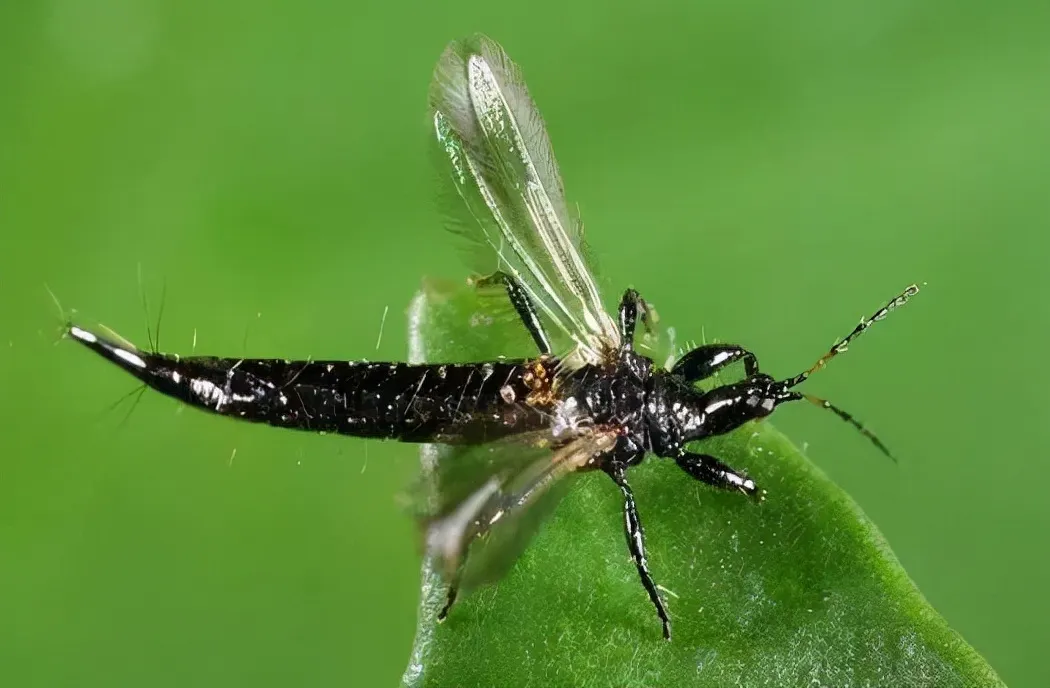
Sep . 21, 2024 12:43 Back to list
best sulcotrione mesotrione
Best Practices for Sulcotrione and Mesotrione Use in Crop Management
Sulcotrione and mesotrione are two potent herbicides widely used in agricultural practices for weed control. These compounds belong to the class of chemicals known as triketones, which inhibit the enzyme 4-hydroxyphenylpyruvate dioxygenase (HPPD). Their effectiveness lies in their ability to control a broad spectrum of grassy and broadleaf weeds, making them invaluable tools for farmers aiming to maximize crop yield and quality.
Best Practices for Sulcotrione and Mesotrione Use in Crop Management
Mesotrione, similarly, is utilized in a variety of crops, including corn and certain turf applications. It shares a similar mode of action with sulcotrione and is often chosen for its capability to control both grassy and broadleaf weeds. Mesotrione is often integrated into herbicide programs to enhance overall weed control efficiency, particularly in cases where resistance to other herbicides has developed.
best sulcotrione mesotrione

To optimize the efficacy of these herbicides, several best practices should be followed. Firstly, timing is crucial. Applying sulcotrione and mesotrione at the correct growth stage of the weeds—typically in early stages—is essential to maximize their effectiveness. Additionally, environmental conditions at the time of application, including temperature, humidity, and wind speed, should be conducive to herbicide action to avoid drift and ensure proper absorption by the targeted vegetation.
Mixing these herbicides with adjuvants can also enhance their performance. Surfactants, for example, can improve leaf penetration, while safety agents can help mitigate phytotoxicity risks to the crops. However, meticulous care must be taken in choosing compatible tank mixes to prevent antagonistic interactions among different chemicals.
Rotational use and integration with cultural practices can mitigate the risk of herbicide resistance. Regular rotation of herbicides with different modes of action, along with the implementation of mechanical controls and cover cropping, can help maintain the effectiveness of sulcotrione and mesotrione in weed management strategies.
In conclusion, sulcotrione and mesotrione are essential tools for modern agriculture, providing robust control of a variety of weeds. Understanding the correct application practices, timing, and integration strategies is critical to fully harnessing their benefits. By implementing these best practices, farmers can improve crop yields, sustain agricultural productivity, and ensure long-term sustainability in their farming operations. Using these herbicides wisely will contribute to both the economic viability of farms and the environmental health of agricultural landscapes.
-
Topramezone Herbicide: Selective & Powerful Weed Control for Corn
NewsAug.24,2025
-
Powerful Fungicide for Optimal Crop Health & Yield Protection
NewsAug.23,2025
-
Azoxystrobin Fungicide: Advanced Crop Protection Solutions
NewsAug.22,2025
-
Willowood Imidacloprid: Best Broad-Spectrum Insecticide Solution
NewsAug.22,2025
-
Atrazine Herbicide: Selective & Effective Weed Control for Sale
NewsAug.21,2025
-
Azoxystrobin: Broad-Spectrum Fungicide Solutions
NewsAug.11,2025
